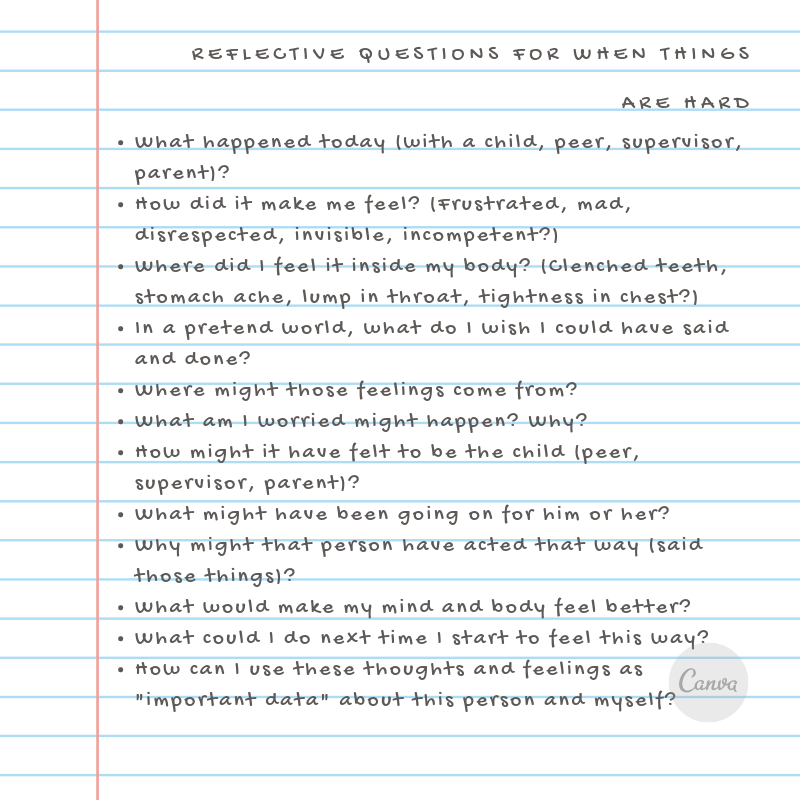Understanding Why Children Act the Way They Do with Tools from Education, Mental Health, and Neuroscience
We’re back with another installment from the 2019 MN Early Intervention Summer Institute! Today’s post recaps Understanding and Responding to Challenging Behavior Using a Holistic Approach, presented by Sally Hansen, MA, MFT. Hansen is an early childhood special education professional development facilitator with the Minnesota Centers of Excellence for Young Children with Disabilities.
Hansen explained that, like the proverbial tip of an iceberg, children’s behavior provides some clues as to what’s going on under the surface, but it doesn’t tell us the whole story. So she shared ideas from different evidence-based disciplines to help professionals dig deeper. Participants took a look at challenging behaviors through a behavioral or education lens, a mental health lens, and a neuroscience lens.

From a behavioral or education perspective, every behavior has a purpose or “function.” In essence, a behavior’s function is either to obtain something or to escape something.
We can add complexity to this basic breakdown using a mental health lens. We may ask questions like:
- Why is the behavior happening?
- Is the child trying to communicate an emotional need?
- Does this behavior help the child organize, regulate, and calm him/herself?
- Has the child experienced trauma, toxic stress, or abuse/neglect? How might that knowledge impact the way you view the behavior and plan supports for the child?
We can also take into account genetic and environmental influences on a child’s behavior. We know that a child’s genes and environment combine to shape his or her body, brain and nervous system. These factors also impact the child’s development of executive function skills.
Learn what executive function is and why it’s so important in an all-new class from CEED!

From a neuroscience perspective, then, behaviors result from children’s neurological and biological processes. They can also be an adaptation to a child’s history and present circumstances.
Each discipline sheds light on a different aspect of challenging behaviors. The various disciplines also offer different solutions for such behaviors.
- Put your educator cap on, and add some behavioral solutions to your toolkit:
- Teach children a replacement skill to substitute for a challenging behavior.
- Embed instruction into routines.
- From a mental health perspective, support social and emotional development through play and social stories.
- Neuroscience tells us that adults can best encourage children’s development of executive function skills through activities like imaginary play, storytelling, movement challenges (such as songs and games), puzzles, cooking, and matching and sorting games.
Child psychologist and educator Ann Gearity, PhD, LICSW, writes, “Before you try to change a behavior, admire it. It represents the child’s best effort to communicate.” That’s good advice, but sometimes, it’s easier said than done. Hansen shared pro tips for when children’s behaviors start pushing our buttons.
- Be calm (regulate yourself).
- Be quiet (give time for child to calm).
- Be with (keep the child company; use your calm, quiet body to help him/her regulate).
- Be kind and empathetic (remind yourself that the child is asking for help).
- Repair (new learning).
Anne Gearity writes, “Repair happens through interactions, repeated again and again.” (Her Developmental Repair: A Training Manual is a valuable guide to working with young children who have experienced complex trauma.)
Recognizing that managing challenging behaviors takes a toll on early childhood professionals themselves, Hansen built information on self-care into the session. What practices might professionals use to “put their own oxygen mask on first,” as the saying goes?
Hansen recommends mindfulness apps like the free Insight Timer, as well as reflective practice. Reflective practice is a form of professional development for early childhood professionals.
You can learn about reflective practice in an introductory course on reflective supervision/consultation from CEED. (Find all our online courses.)
For those who don’t have access to reflective supervision or want to engage in reflection outside of a reflective relationship, Hansen offered these guiding questions:

Thanks to our presenter, participants, and volunteers Jessica Bosacker and Jodi Altringer, and to the Minnesota Department of Education’s Division of Early Childhood Special Education—sponsors of the Summer Institute for the past 36 years.



